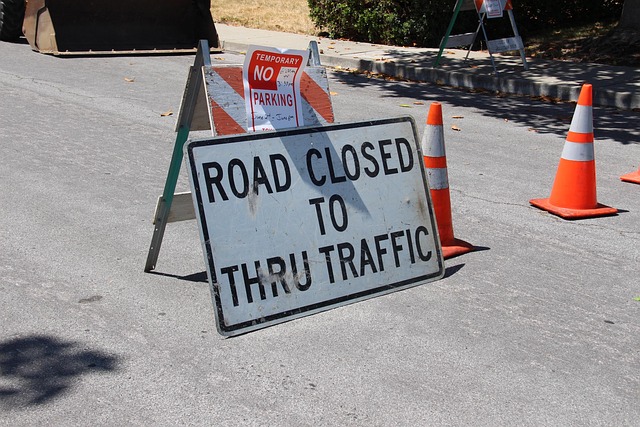
Highway work zones have always been potentially dangerous places, but the fatality rate has become much greater for drivers than project workers, reports a new industry survey.
Up to 24% of construction companies in the survey conducted by the Associated General Contractors of America said either a driver or passenger in a vehicle died in the last year as a result of a work zone crash at one of their projects.
That number compares with just 13% of contract respondents who said a construction worker at such a site died due to a work zone crash.
Altogether, a large 60% of respondents to the AGC survey, which was done in conjunction with the HCSS construction software company, reported at least one crash in the previous twelve months at a work zone project. And a surprising nearly 33% of those responding to the survey reported upwards of five crashes during that same time period.
“Every day tens of thousands of Americans work alongside our highways, often with very little more between them and rushing traffic than an orange barrel,” remarked Jeffrey Shoal, AGC chief executive officer, in a statement.
“These workers,” continued Shoal, “are counting on the traveling public to slow down and pay attention, but all too often the public is letting them down.”
Overwhelmingly, respondents said that “distracted driving,” which usually means a driving while talking on a cell phone, was the number one reason for work zone crashes, followed by speeding, impaired driving, and driver impatience.
While construction companies have been able to successfully push for safe working habits and greater awareness among their workers at such sites, trying to control or even mitigate what a driver may do remains a crucial challenge.
Not surprisingly, a strong 66% of respondents to the survey said they are in favor of states passing stricter laws against cell phone usage while driving. And 54% said they would like to see the establishment of an automated enforcement in work zone areas.
Remarked Shoal: “Too few drivers see the need to slow down and pay attention in work zones because too few states have made work zone safety a priority.”
May 22, 2025
By Garry Boulard
Photo courtesy of Pixabay


